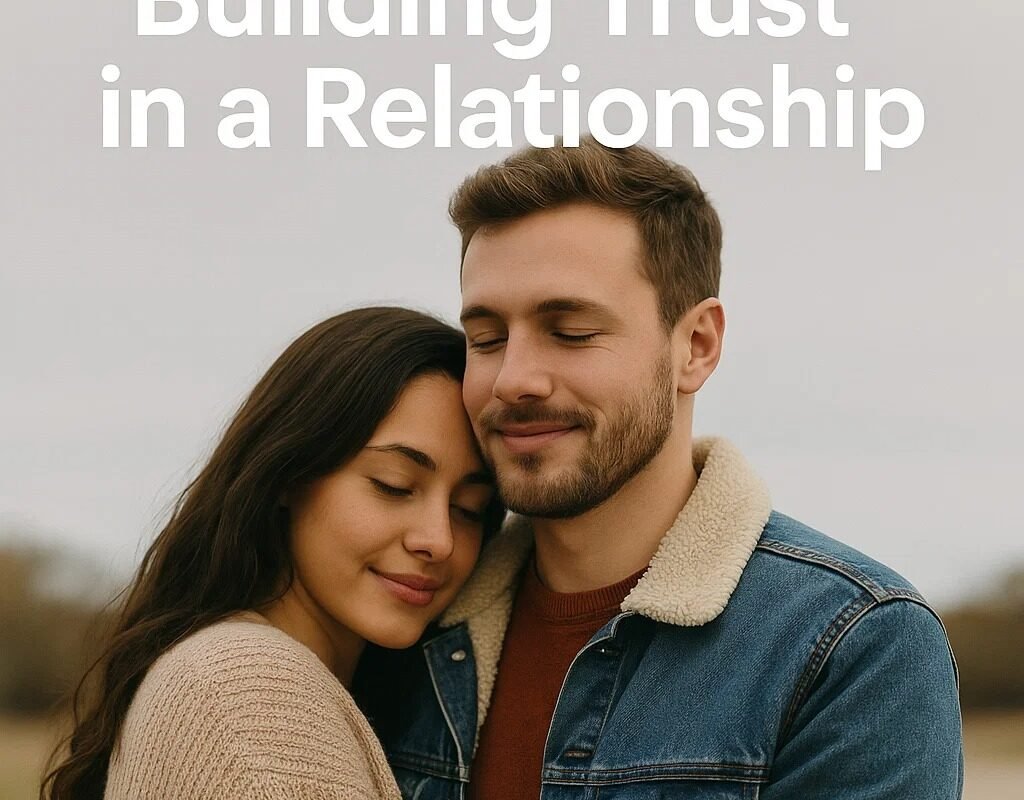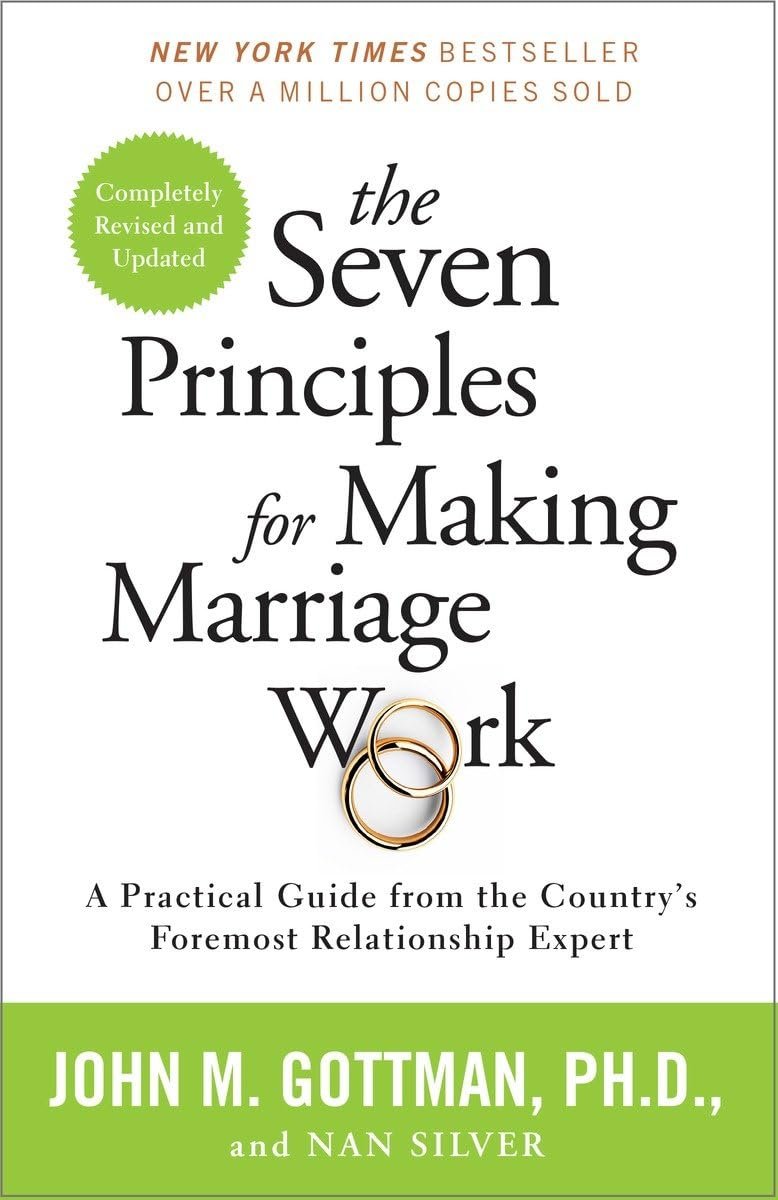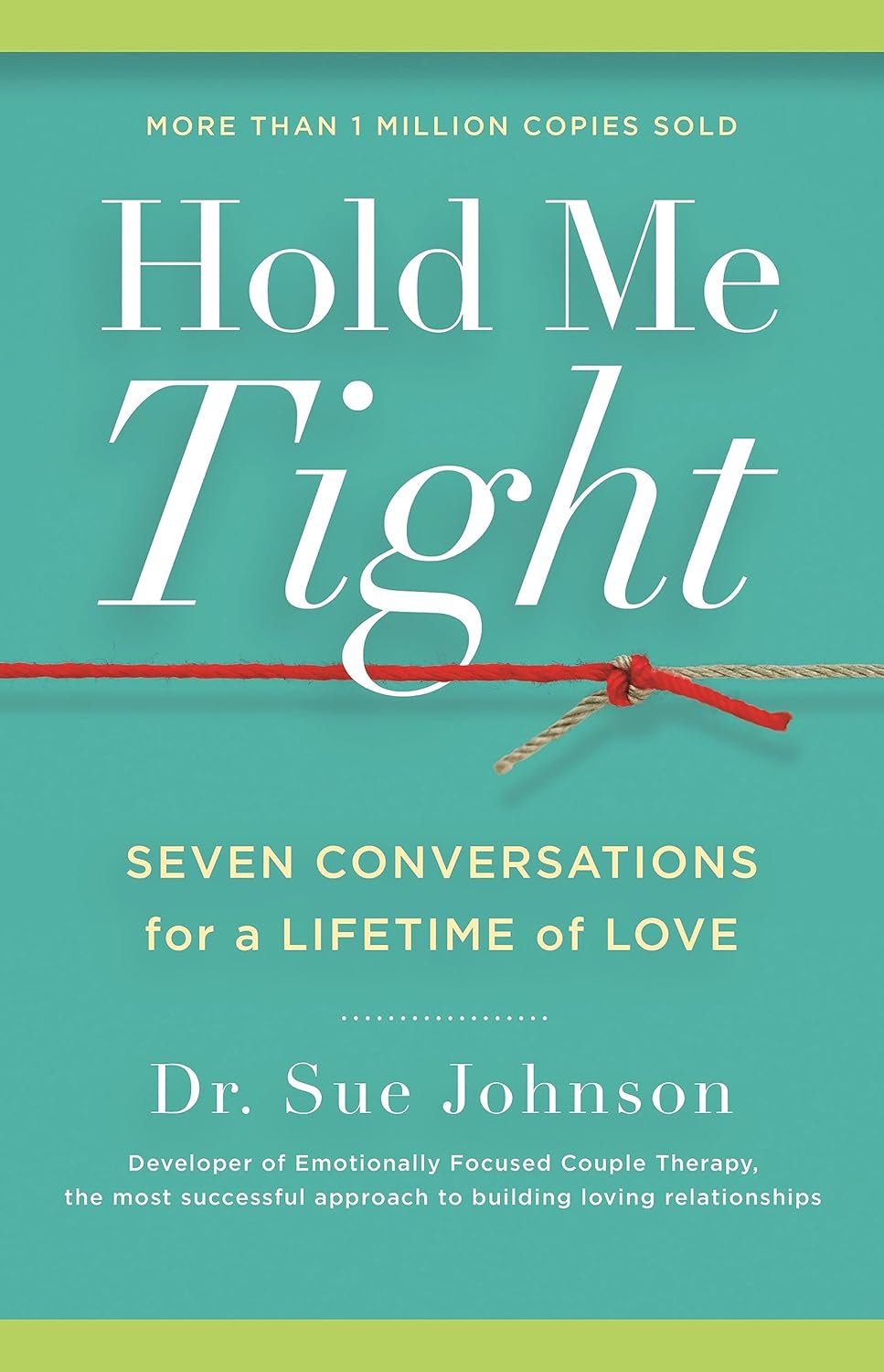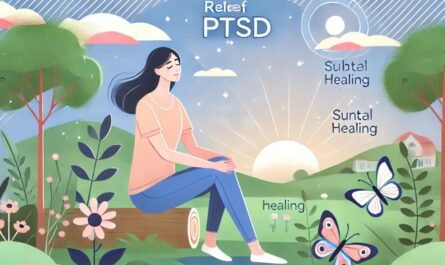Building trust in a relationship is the foundation for every healthy connection. Without it, even love and attraction can crumble under insecurity and doubt.
Verdict: Trust is earned through consistent honesty, empathy, and emotional safety — not grand gestures. If you nurture it intentionally, your relationship becomes stronger, calmer, and more fulfilling.
Why this matters: Trust frees both partners from fear. It lets you focus on growth, joy, and closeness instead of defense or suspicion. Whether you’re rebuilding after a betrayal or starting fresh, understanding how to build and protect trust will transform the way you love.
Best Books on Relationships: Comparison Table
Criteria | |||||
|---|---|---|---|---|---|
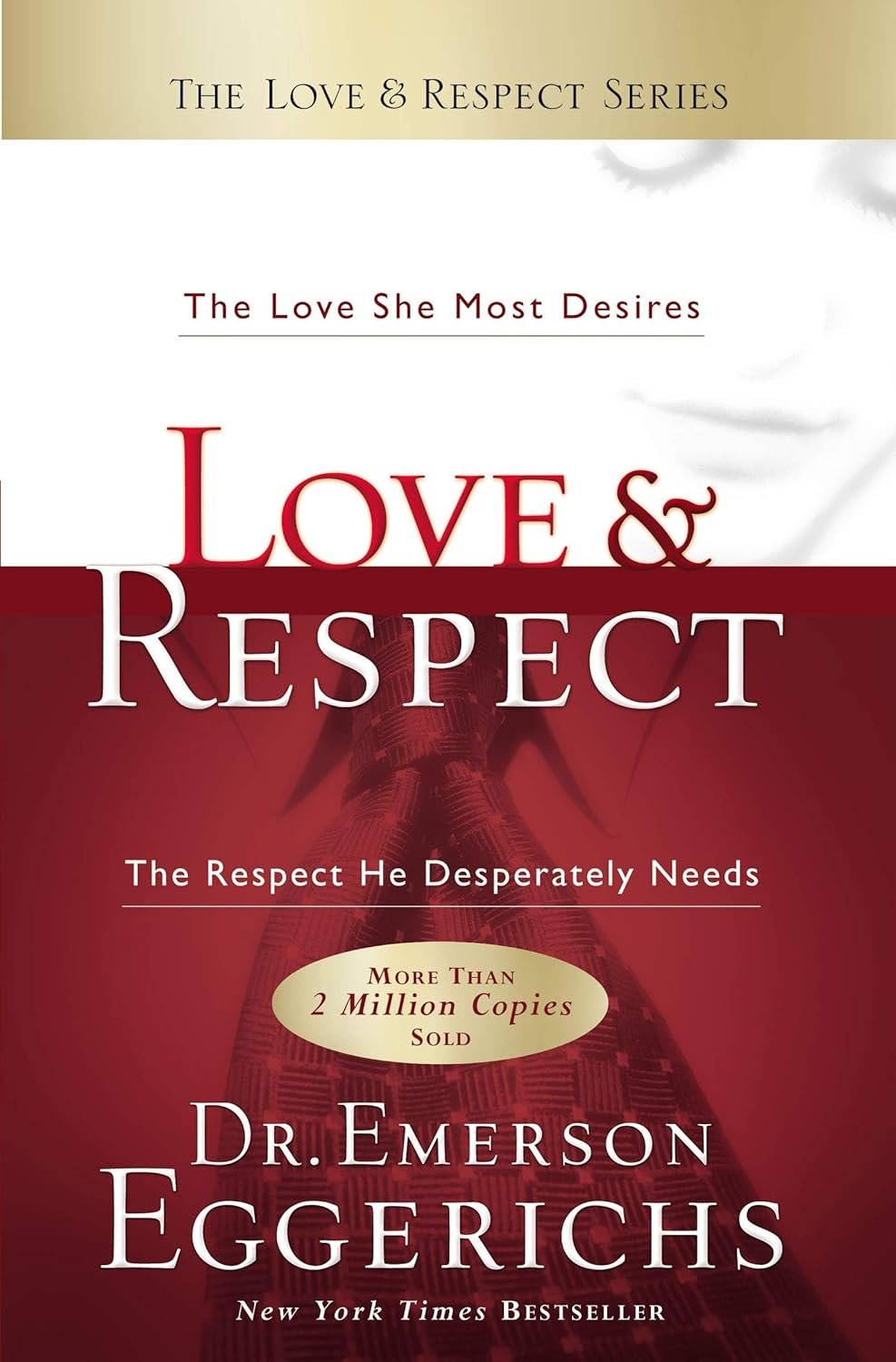 | |||||
Primary Focus | Love expression & understanding | Research-based marriage skills | Emotional bonding & attachment | Decision-making & relationship clarity | Love & respect dynamic |
Ideal Audience | All couples & individuals | Married or long-term couples | Emotionally struggling couples | Couples in transition or crisis | Faith-based or traditional couples |
Strengths | Simple, easy to apply | Science-backed & practical | Deep emotional insight | Honest, empowering self-assessment | Clear, practical, structured |
Limitations | Lacks depth for complex issues | Slightly academic tone | Emotionally heavy | Focuses on decisions, not repair | Gender-role assumptions |
Best For | Improving everyday connection | Strengthening long-term partnerships | Rebuilding emotional intimacy | Evaluating relationship viability | Enhancing respect & love balance |
Price |
Why Trust Matters in a Relationship
Trust means having faith in your partner’s reliability, integrity, and emotional safety. It’s the quiet confidence that they will show up when you need them, tell the truth even when it’s uncomfortable, and treat your heart with care.
Clinical psychologist Dr. Sabrina Romanoff describes trust as “the sense of security that allows you to be vulnerable and know you won’t be hurt.” When trust is present, you can relax into authenticity and connection.
Without it, relationships often spiral into:
- Anxiety and jealousy about your partner’s actions
- Conflict and overthinking small miscommunications
- Emotional distance as both people withdraw to protect themselves
When trust thrives, partners feel safe enough to communicate openly, forgive quickly, and face challenges as a team.
What Happens When Trust Is Lacking
The absence of trust doesn’t just hurt emotionally — it changes the entire dynamic.
You may notice:
- Micromanaging behaviors (“Where are you?” texts or double-checking stories)
- Reduced intimacy, as vulnerability feels risky
- Resentment or secrecy, because neither person feels seen or safe
- Increased mental load, as constant worry replaces relaxation
A lack of trust often stems from betrayal, inconsistent behavior, or unresolved trauma from previous relationships. Recognizing these roots allows couples to heal rather than repeat the cycle.
How to Build Trust in a Relationship
Trust building in a relationship is a slow, steady process of aligning your words with your actions. It requires transparency, reliability, and empathy — daily.
1. Be Consistent, Not Perfect
Show up when you say you will. Follow through on small promises. Reliability creates predictability — the soil where trust grows.
2. Communicate Openly
Talk about your needs, fears, and boundaries. Trust deepens when both partners understand each other’s internal world instead of making assumptions.
3. Practice Transparency
Share the truth, even when it’s uncomfortable. Small honest moments (“I forgot to text you back”) matter more than big declarations.
4. Respect Boundaries
Healthy limits protect emotional safety. Honor your partner’s space and your own — it signals maturity and respect.
5. Offer Empathy, Not Judgment
Listen to understand, not to fix. When your partner feels emotionally safe with you, trust naturally expands.
6. Take Responsibility for Mistakes
Apologize with “I” statements and follow through with changed behavior. Accountability is more powerful than excuses.
How to Rebuild Trust After It’s Broken
Rebuilding trust takes time, transparency, and consistency — but it’s possible.
If you broke the trust:
- Be radically honest about what happened
- Offer full transparency (no hidden details or partial truths)
- Apologize sincerely, without defensiveness
- Give your partner space and time to heal
- Demonstrate changed behavior daily
If your partner broke the trust:
- State your boundaries clearly — what you need to feel safe again
- Avoid punishing or testing; focus on open communication
- Ask questions when you need clarity, not control
- Seek counseling if the pain feels too heavy to navigate alone
As Dr. John Gottman’s research suggests, consistent repair attempts — even small ones — are what ultimately heal relationships.
7 Practical Trust-Building Habits You Can Start This Week
- Keep your word — even with small commitments.
- Ask your partner about their day and listen without interrupting.
- Share something vulnerable (“I felt anxious when…”).
- Express appreciation when your partner follows through.
- Be open about finances, social plans, and emotions.
- Give reassurance instead of reacting defensively.
- Celebrate progress — trust grows in increments.
Common Trust Busters (and How to Avoid Them)
- Broken promises → Admit and correct quickly.
- White lies → Even “small” lies create cracks over time.
- Dismissing feelings → Validate emotions before problem-solving.
- Avoiding vulnerability → Keeping walls up stops closeness.
- Inconsistent communication → Silence breeds assumptions.
Use-Case Examples
- New couples: Build trust through reliability and openness. Early patterns matter most.
- Long-term partners: Deepen trust through shared vulnerability and consistent empathy.
- Couples recovering from betrayal: Focus on transparency, structured repair conversations, and patience.
- Long-distance relationships: Prioritize predictability (scheduled calls, updates) to reduce uncertainty.
FAQs
Q: How long does it take to build trust in a relationship?
A: It varies — typically months of consistent behavior. There’s no shortcut; only steady proof of reliability builds confidence.
Q: Can you rebuild trust after cheating or lying?
A: Yes, but it requires full honesty, accountability, and time. Both partners must commit to healing and clear communication.
Q: What if I struggle to trust because of my past?
A: Talk about it openly. Healing trust wounds often starts in therapy. You’re not broken — you’re learning safety again.
Q: What are signs that trust is improving?
A: You feel calmer, communicate more freely, and no longer feel the need to check up constantly.
Q: Do happy couples still have to work on trust?
A: Absolutely. Trust isn’t static — it’s like a muscle. If you stop exercising it, it weakens.
Final Thoughts
Building trust in a relationship isn’t about perfection — it’s about reliability, compassion, and accountability. Every time you follow through, tell the truth, and hold space for your partner’s vulnerability, you strengthen your bond.
If you’ve struggled with broken trust before, remember: rebuilding is a journey, not a verdict. With patience and empathy, trust can not only return — it can come back stronger than before.
Other Interesting Articles
- Free Therapy Worksheets at Paul Wellness
- How to Stay Calm During Exposure Therapy
- Best Books on Exposure Therapy: Your Guide to Overcoming Anxiety, OCD, and PTSD
- Exposure Therapy for Social Anxiety: How to Stop Avoiding and Start Thriving
- Exposure Therapy for PTSD: Facing the Past to Reclaim Your Life
- Exposure Therapy for OCD: How Facing Obsessions Can Finally Free Your Mind
- Exposure Therapy for Anxiety: How Facing Your Fears Can Actually Set You Free
About the Author
Paul Wellness
Paul Wellness creates expert-driven mental health resources that help individuals and couples build healthier relationships, manage anxiety, and improve emotional wellbeing. With a clinical background and evidence-based approach, Paul Wellness is dedicated to transforming insight into practical healing.
